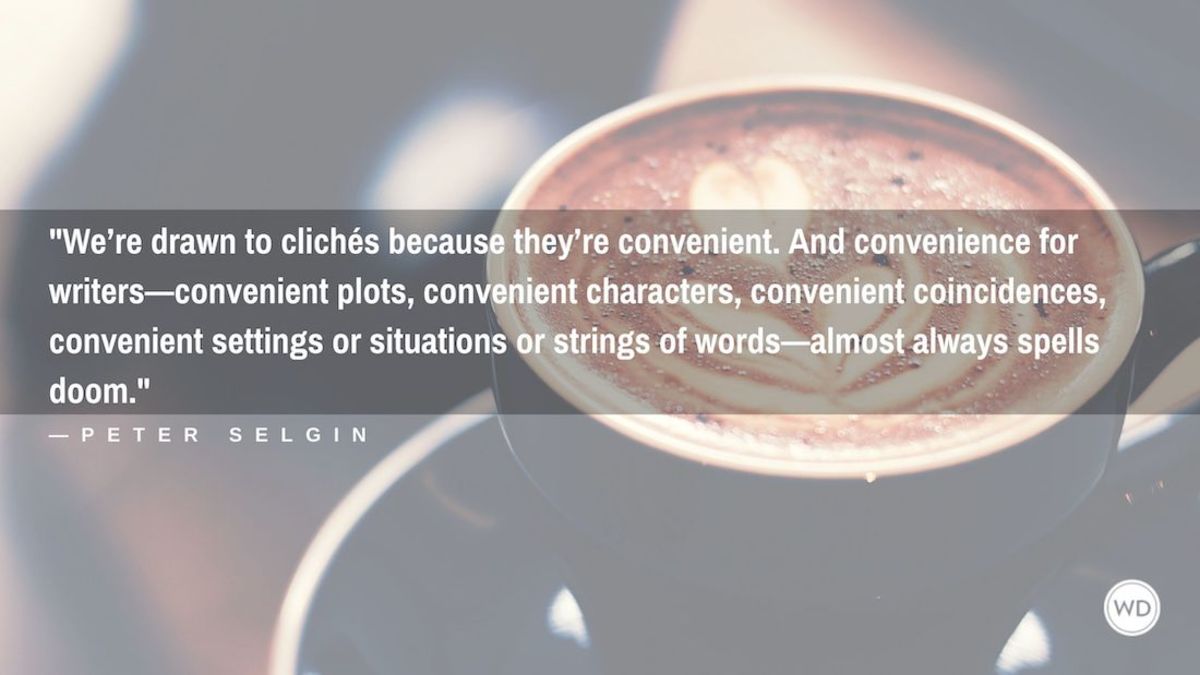Young adult literature has become increasingly popular in recent years, but unfortunately, many authors rely on overused cliches to tell their stories. From love triangles to the chosen one trope, these cliches can be seen everywhere in young adult literature and can quickly cause a reader’s eyes to glaze over. This article will explore the top 10 most overused cliches in young adult literature and provide tips on how to avoid them in your writing. By understanding which cliches to avoid and learning how to create unique storylines, you’ll be able to craft captivating stories that stand out from the crowd.
Top 10 Most Overused Cliches in Young Adult Literature: How to Avoid Them
Young adult literature is a genre that is widely popular among readers of all ages. As such, it has become increasingly common for authors to rely on cliches and tropes in order to create stories that are more relatable and easier to digest. Unfortunately, this can lead to overused cliches that can be off-putting for readers. In this article, we will explore the top 10 most overused cliches in young adult literature and how authors can avoid them.
1. Love Triangles
Love triangles are one of the most common tropes used in young adult literature. They usually involve one protagonist torn between two potential love interests. While these love triangles can add an element of drama and tension to a story, they can also be seen as overly formulaic and predictable. To avoid this cliche, authors should focus on creating unique relationships between characters and exploring other types of conflicts.
2. Insta-Love
Insta-love is another common trope in young adult literature. This is when two characters meet and instantly fall in love with each other. This can be seen as unrealistic and not reflective of real life relationships. To avoid insta-love, authors should focus on developing the relationship between characters over time and showing the development of their feelings for each other.
3. Perfect Protagonist
The perfect protagonist is another overused cliche in young adult literature. This is when the protagonist is portrayed as being perfect in every way. They are usually attractive, talented, smart, and have no flaws whatsoever. This type of character can be seen as too idealistic and unrelatable for readers. To avoid this cliche, authors should focus on creating well-rounded protagonists who have flaws and make mistakes.
4. Damsel in Distress
The damsel in distress is a trope that has been around for centuries. It involves a female character who needs to be saved by a male character. While this can be seen as a romantic gesture, it can also be seen as outdated and sexist. To avoid this cliche, authors should focus on creating strong female characters who are capable of taking care of themselves.
5. Manic Pixie Dream Girl
The manic pixie dream girl is another overused cliche in young adult literature. This is when a female character is portrayed as being quirky and eccentric in order to help the male protagonist find meaning in his life. This type of character can be seen as shallow and stereotypical. To avoid this cliche, authors should focus on creating complex female characters who have their own goals and motivations.
6. Token Minority Character
The token minority character is a trope where a minority character is included in a story solely to represent a certain group. These characters often lack depth and are not given much agency within the story. To avoid this cliche, authors should focus on creating multi-dimensional minority characters who play an important role in the narrative.
7. Mean Girls
The mean girls trope is another overused cliche in young adult literature. This is when a group of female characters are portrayed as being mean and catty towards each other. This can be seen as a lazy way to create conflict and can be off-putting for readers. To avoid this cliche, authors should focus on creating realistic female relationships where characters support and empower each other.
8. Magical Cure-All
The magical cure-all is a trope where a magical item or power is used to solve all of the protagonist’s problems. This can be seen as a cheap way to resolve conflicts and can be off-putting for readers. To avoid this cliche, authors should focus on creating believable solutions to the protagonist’s problems and exploring the consequences of their decisions.
9. Deus Ex Machina
Deus ex machina is a Latin phrase meaning “god from the machine”. It is used to describe a plot device where an unexpected event or character intervenes to resolve a conflict. This can be seen as a lazy way to tie up loose ends and can be off-putting for readers. To avoid this cliche, authors should focus on creating believable resolutions to conflicts instead of relying on outside forces.
10. The Chosen One
The chosen one is a trope where a protagonist is chosen by fate or destiny to save the world. This can be seen as overly formulaic and can be off-putting for readers. To avoid this cliche, authors should focus on creating protagonists who are motivated by their own desires and choices rather than predetermined fate.
In conclusion, the use of cliches and tropes in young adult literature can be helpful in creating stories that are more relatable and easier to digest. However, it is important to avoid overused cliches that can be off-putting for readers. By following the tips outlined in this article, authors can ensure that their stories stand out and are enjoyable for readers.
